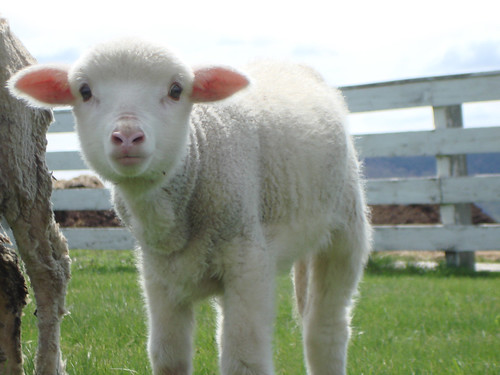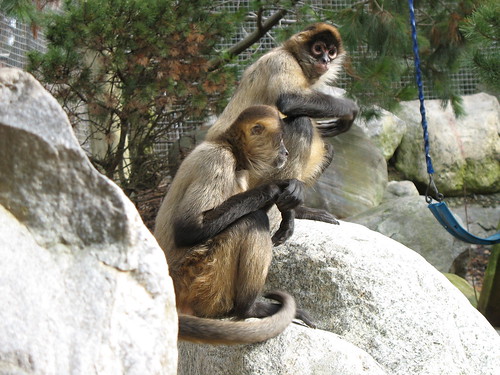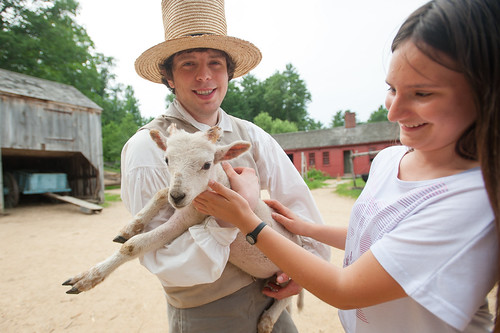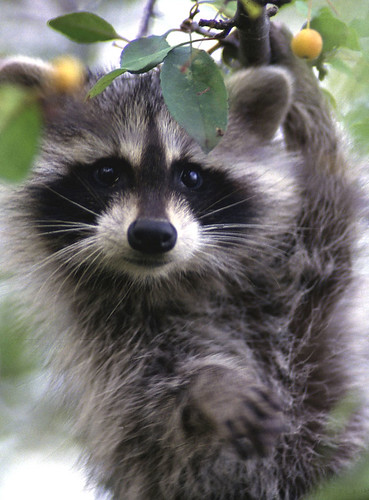Support Animal Interests: Community-Based Zoology Education Resources and Activities
Community-Based Zoology Education Resources
Directly engaging with animals provides direct ways of learning about biology, habitat, ecology, and other scientific disciplines. Reading or hearing about animals is helpful. But community-based zoology education resources that allow for seeing them up close is invaluable. Many kids are fascinated by animals- their appearance, behavior, and interaction.
For parents of animal lovers, this interest is a ripe opportunity for education via community-based resources and events. Taxonomy, the scientific grouping of biological organisms, is complex. Classes of animal species often encompass their own branch of biology. Kids who collect bugs are budding entomologists, while bird watchers are junior ornithologists. The great thing about animal studies is that it also strengthens a sense of place. It connects us with animals and the habitats surrounding us daily.

Here are a few community-based zoology education resources to support interest and education in from veterinary science to entomology:
ZOOS AND MUSEUMS
The Zoo in Forest Park in Springfield houses various exotic and indigenous animals worldwide. The Forest Park Zoo also offers kindness and service-based learning opportunities through its adoptive program. You can donate money to “adopt” a specific animal at the zoo. This can strengthen a connection to animals and the cause of animal protection and biodiversity through community-based zoology education resources.

To dive into marine biology and water-filled ecosystem studies, families should visit the Berkshire Museum aquarium in Pittsfield. In addition to a wide variety of fish, the aquarium’s inhabitants include other wetland and tropical species. The aquarium’s “Chow Time” event allows visitors to observe how creatures eat and learn about their diets. Visitors can also help make meals for the animals.
The Springfield Museums’ Solutia Live Animal Center is a great resource for learning about marine-based animals. Visitors can observe creatures in natural ecosystems like coral reefs, rainforests, mangroves, and the New England coast. The museum’s Phelon African Hall has taxidermy specimens of all African creatures, from elephants to warthogs. These specimens provide an opportunity for children to observe the fine details of each animal’s body and their habitat.
Other community-based resources include:
- Living history museums, like Old Sturbridge Village and Hancock Shaker Village, support an integration of animal studies with local history.
- Magic Wings in South Deerfield is an 8,000-square foot butterfly conservatory, home to nearly 4,000 free-flying butterflies worldwide.
- Lupa Zoo in Ludlow is a conservation and education institution demonstrating. Pony rides, bears, giraffes, and zebras are just a few attractions at Lupa Zoo.
- Christenson Zoo at Look Park in Florence.

ANIMAL SHELTERS & REHABILITATION CENTERS
Supporting local animal shelters and rehabilitation centers is a way for families to combine an interest in animal studies with service-based learning and community engagement.
The Dakin Pioneer Valley Humane Society welcomes volunteers who are 16 and older to help out with the many animals who find themselves at the shelter. The Berkshire Humane Society in Pittsfield has opportunities, too.
Similarly, Urban Wildlife Rehabilitation – an organization caring for wild creatures in the Springfield area – can be supported through supply and funding donations, presenting an excellent opportunity for wildlife-loving children to help the animals they love so much.

WESTERN MASSACHUSETTS FARMS
The most place-based of local animal-learning resources in western Massachusetts are our local farms – many of which allow visitors to meet the animals they raise and rely upon for food and farm tasks. Many farm animals are raised among the hills of western Massachusetts, and each farm has a different animal-related story to tell. A dairy farm can teach families about raising cows for milk, while a fiber farm’s focus may be on how to raise a healthy family of sheep and rabbits.
In addition to learning about the role of animals in farming, an animal-centric farm visit can teach children that not all fascinating animals are exotic. There are plenty of species found close to home that are every bit as fascinating as those found across an ocean. The area’s upcoming agricultural fair season also offers many opportunities to see and learn about livestock, as each fairground’s barns will be filled with every species of cow, goat, sheep, and chicken imaginable.
MAKING CONNECTIONS AROUND TOWN
Take your child’s interest in animals and use it to connect them with other learning opportunities and potential interests! For example, take advantage of things like the beautiful fish aquarium at Teapot Restaurant in downtown Northampton. Your child’s fascination with the aquarium might be a gateway to discovering a love of Chinese or Japanese foods, broadening their awareness of other cultures and culinary art.
Additionally, if your library offers a Reading with Dogs program, your child’s interest in dogs can open up a world of literacy and love for reading. Think outside the box and allow the presence of animals in our community to lead the way for making connections to other interests, too!
Check our list of Weekly Suggested Events each week for events that support a love of animals and opportunities to learn through community engagement! Be sure to subscribe to our free eNewsletter for a heads-up on regional opportunities!
[Photo credits: (cc) U.S. Fish and Wildlife Service Northeast Region; (cc) MOTT]
 Hilltown Families
Hilltown Families 




























